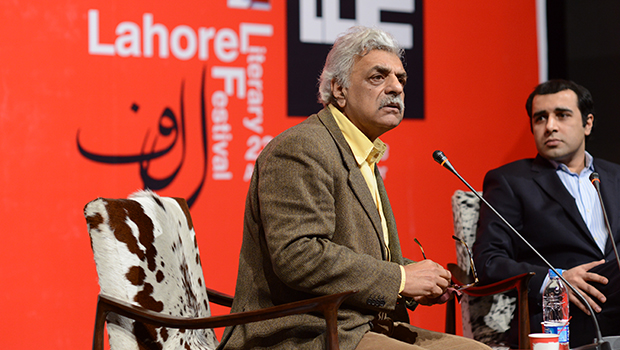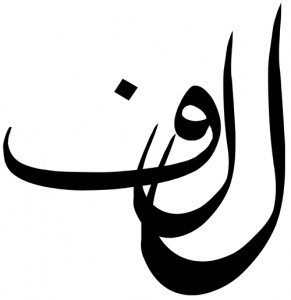By Omar Waraich
Time.com, March 4, 2013

Salman Rushdie was recently asked for his opinion on contemporary Indian fiction. The celebrated novelist surveyed the landscape for his interviewer, offering nods of approval to what is now a well-established range of Indian writing in English. But it wasn’t as attractive as what was happening across the border. “I actually think,” Rushdie said, “that the Pakistani stuff is more interesting.”
Thirty years ago, Rushdie published Shame, still considered one of the finest novels on Pakistan, and one that narrowly missed out on the Booker Prize. For much of that time, there was only the occasional novel written in English from Pakistan. Now, as Rushdie noted, there’s “the sense of a sudden explosion.”
As the world’s attention has been drawn to Pakistan’s problems with Islamist militancy in recent years, a flurry of exciting new voices have stepped forward to share with their readers a more intimate and rounded look at the country and its people—winning many plaudits along the way. Mohsin Hamid was recently described by The New York Times as, “one of his generation’s most inventive and gifted writers.” Nadeem Aslam’s latest novel, The Blind Man’s Garden, was praised in The Guardian as a product of “grace, intelligence and rare authenticity.”
This past month, Pakistani novelists writing in English also had the opportunity to meet readers from their own country at two different literary festivals in the largest cities of Karachi and Lahore. “For a while now we’ve had issues with public events,” says novelist and journalist Mohammed Hanif. “I guess weddings are the only things that really happen in public now. Music concerts have mostly disappeared. Other festivals are less well attended.” The literary festivals in Karachi and Lahore, adds Hanif, offer a rare occasion for “people to get out of their houses and go and talk about books.”
The two cities, with a combined population approaching 30 million, are also suffused in a rich cultural history. It would be difficult to pull off similar events in relatively soulless cities like Dubai, Singapore, or even Islamabad. “There is the requisite infrastructure here, engaged audiences, and a critical mass of novelists and poets that reside in each city,” says novelist H. M. Naqvi, the prize-winning author of Home Boy. “I expected large audiences. I expected energy.”
Strikingly, the festivals attracted thousands of young school and college students who had eagerly consumed the books and were brimming with questions for their authors. In Karachi, Hamid met a young man who handed over a missive composed by himself and two other friends. The trio, from the southern Punjabi town of Rahim Yar Khan, had pooled money together for one of them to make the several-hour-long bus journey to Karachi. The letter carried seriously worded instructions for the novelist. “We loved the sex-and-drugs scenes in Moth Smoke,” they wrote to Hamid, referring to his first novel. “We want to read more of this stuff.”
Pakistani writing in English, as many noted in Lahore, also allows for alternative narratives about Pakistan to make their way into the mainstream. A constant frustration for Pakistanis is how they are often seen through the narrow lens of the “war on terror,” most notoriously in films like Zero Dark Thirty. Some, says novelist Aslam, see Pakistan “as nothing but unwelcoming and desolate, a threat.” Pakistani writing, and the festivals that now celebrate them, are seen as a powerful rebuff to such views. Everyone Aslam spoke to at the festivals, he says, “seemed perfectly aware of the cruelty and challenges of everyday Pakistani life, but they knew that is not all who we are. Pakistanis are as complex as any other people on the planet.”
It is perhaps also through fiction that the real world’s old enmities can be smoothed over. One of the most promising exchanges of recent years has been Indian and Pakistani writers crossing the border over which their armies have fought three wars to speak at literary festivals in both countries. Pakistani writers have long spoken at events in India, and are now widely published there. Now subcontinental hospitality is being reciprocated for Indian writers in Pakistan. In a tweet, Indian novelist Jeet Thayil paid tribute to the Pakistani authors for their generosity and friendship on his first visit to Lahore—and for “dissolving every preconception of Pakistan.
See the original article here.


